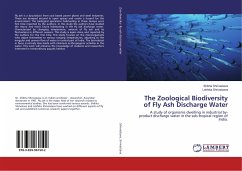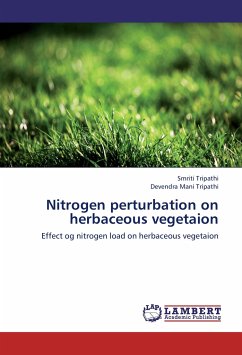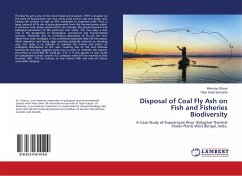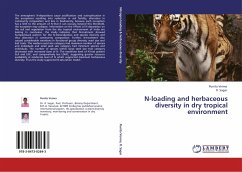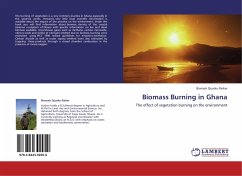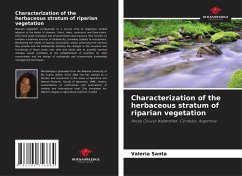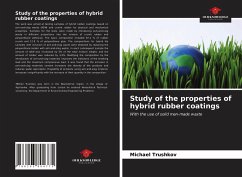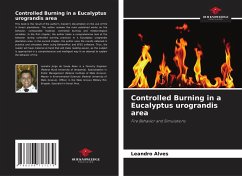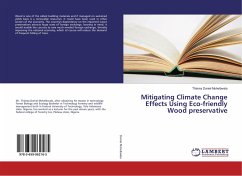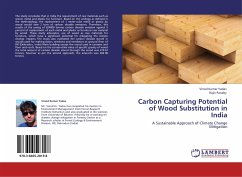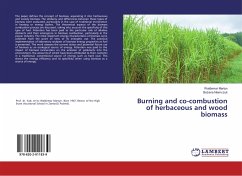
Burning and co-combustion of herbaceous and wood biomass
Versandkostenfrei!
Versandfertig in 6-10 Tagen
16,99 €
inkl. MwSt.

PAYBACK Punkte
8 °P sammeln!
The paper defines the concept of biomass, separating it into herbaceous and woody biomass. The similarity and differences between these types of biomass were evaluated, particularly in the case of traditional incineration in heating or energy boilers. The theoretical aspects of the biomass combustion process are discussed, taking into account the specificity of this type of fuel. Attention has been paid to the particular role of alkaline elements and their emergence in biomass combustion, particularly in the power industry. The most important energy characteristics of biomass were collected fr...
The paper defines the concept of biomass, separating it into herbaceous and woody biomass. The similarity and differences between these types of biomass were evaluated, particularly in the case of traditional incineration in heating or energy boilers. The theoretical aspects of the biomass combustion process are discussed, taking into account the specificity of this type of fuel. Attention has been paid to the particular role of alkaline elements and their emergence in biomass combustion, particularly in the power industry. The most important energy characteristics of biomass were collected from the point of view of its energetic use. The practical implementation of laboratory analyzes of biomass energy properties as fuel is presented. The work assesses the current status and potential future use of biomass as an ecological source of energy. Attention was paid to the impact of biomass incineration on the emission of pollutants into the environment, the amounts of which have been attributed to their contents in a traditional, conventional source of energy such as hard coal. This shows the energy efficiency and its specificity when using biomass as a source of energy.



